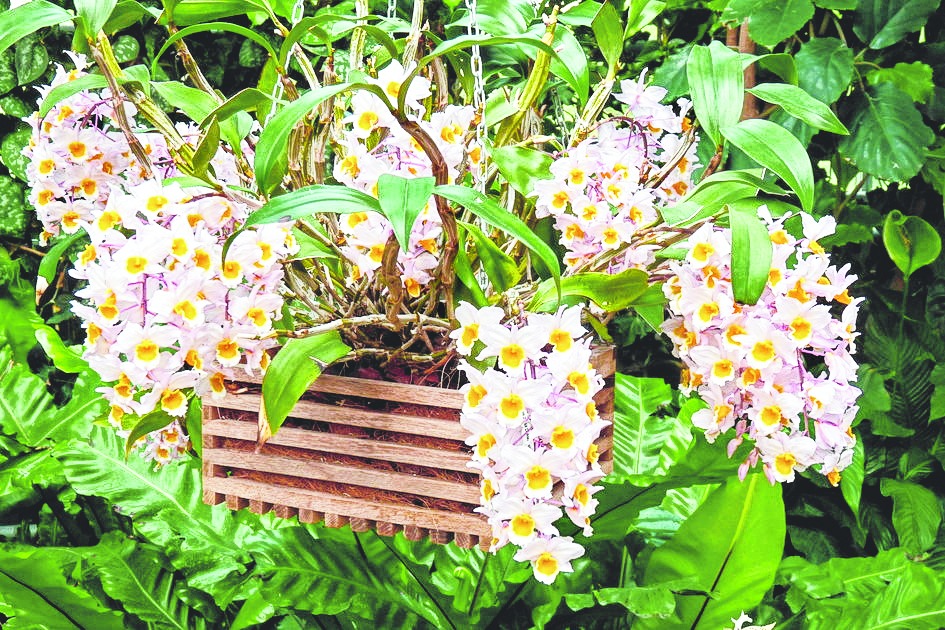
Imphal, Oct. 27: Manipur will soon export orchids if an ambitious plan proposed by Imphal-based Institute of Bioresources and Sustainable Development bears fruit.
The national institute at Takyelpat of Imphal West has acquired a plot of land at Haraorou in Imphal East district recently for growing orchid and other cultivation purposes. It is only a 15-minute drive from Imphal city.
"We will set up a commercial orchidium at Haraorou. We acquired a 37-acre plot recently and the process for setting up a commercial orchidium is in the final stages," Dinabandhu Sahoo, director of the institute, told The Telegraph.
The director hopes that once the orchidium is set up, Manipur can export orchids and enhance its economy.
Manipur has discovered nearly 300 species of orchids and experts believe that there are more varieties undiscovered in the wilds, particularly in the hill districts.
Experts said India has 1,229 orchid varieties and the Northeast alone has about 800 species.
Manipur already has a Centre for Orchid Gene Conservation of the Eastern Himalayan Region at Henbung in Senapati district. The centre is managed by the Foundation for Economic and Environment Development Services, an NGO. "We have collected more than 100 species, mostly from Senapati district. We will soon go to other districts of the state before we go to states in the Northeast and other parts of the country. Our attempt is to collect all the available species in the country," R.K. Kishor, scientist-in-charge of the gene bank, told The Telegraph recently.
"Our institute plans to grow a wide range of orchids at the farm. But the main focus will be on dendrobium varieties. This will be India's leading commercial orchidium with the potential to export," Sahoo said.
"We want to encourage orchid farming in Manipur to enhance the economy of the state. We are hoping the orchidium will attract domestic as well as foreign tourists," Sahoo said.
Experts like Kishor and Sahoo said orchid has a multicrore-rupee market worldwide.
Sahoo, who is considered "man of work", has also tied up with outside institutes for research and promotion of Manipur's chakhao, also known as black rice. He is preparing to open a campus of the institute for the students of the Northeast for routine visits to familiarise them with the research activities of the institute.
The institute today is one of the cleanest institutes of the country with bamboo structures liberally used to attract visitors and also promote bamboo products.











